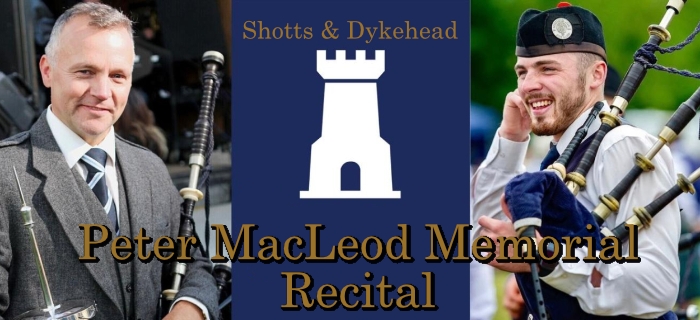Vintage Set of Pipes For Sale
Brian MacDonald, son of double Gold Medallist, composer and teacher William M. MacDonald, is offering an historic set of pipes which once belonged to his father. Brian writes: The bagpipes, might have been made by Thow and are pre-1900 as they were originally presented to Colour Sergeant (later Captain) W.H. MacDonald of Kingussie by the officers of the Badenoch Co. 1st Volunteer Battalion Queen’s Own Cameron Highlanders in April 1900….

















Recent Comments